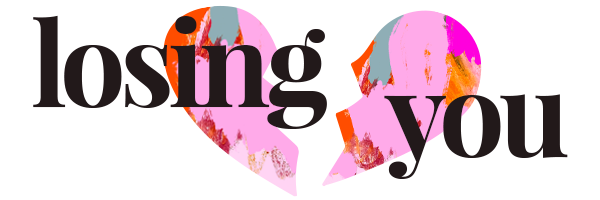Do Lesbian Breakups Really Hit Harder?
There are old stereotypes: lesbians move in with one another too quickly, we're already going out with a new partner before breaking up with the last. But even if the stereotypes are true of some lesbians, do they have to be a bad thing? Why wait around to commit?
The world is a huge place ... I go on nights out and see people that I've never seen before in my life. The real world isn't The L Word. Which I think is a comforting thought.







